Find out now how you can effectively strengthen your self-confidence and what advantages it has to go through life with increased self-confidence.
30-second summary
- People with healthy self-confidence have a positive attitude toward life, while people with low self-confidence tend to see themselves and life in a critical light.
- Self-confidence has a decisive influence on how well we manage our lives.
- Our self-confidence is mainly based on experiences from childhood, which were shaped by parents or teachers, for example.
- Healthy self-confidence brings with it many advantages such as a “healthy willingness to take risks”, greater resilience, and a confident way of dealing with conflicts.
- A lack of self-confidence, on the other hand, can lead to an unhealthy inner vicious circle that can even trigger addictive behavior.
- Adopting an upright posture or dissolving negative beliefs helps to strengthen self-confidence.
- At the end of the article, you will find a free PDF with 4 effective exercises – start strengthening your self-confidence today.
What does self-confidence mean?
In a nutshell, “self-confidence” is the opinion you have about yourself. Self-confident people are aware of their worth as individuals and have faith in their abilities. They know they can handle difficult situations.
From this belief, self-assured and confident behavior emerges. Self-confident individuals often exude calmness and composure.
Having good self-confidence helps us maintain a positive attitude towards ourselves and life. Strong self-confidence also makes it easier for us to navigate the ups and downs of life.
In short, strengthening our self-confidence allows us to go through life with greater ease.
Conversely, when our self-confidence is low, we tend to view ourselves in a negative and critical light. Life’s challenges can become burdensome, and we may feel less capable of overcoming them. In psychology, this is referred to as having low self-efficacy.
Your self-confidence is built on your own experiences, with childhood experiences having a significant impact on how we perceive ourselves. The good news is that there are effective ways, even in adulthood, to boost self-confidence and develop greater self-assurance.
Origin of (lack of) self-confidence
From psychological research, we know that our self-confidence is primarily shaped during childhood. For example, parents, teachers, friends, and even social media can influence whether we develop a positive or negative self-image.
Negative beliefs
In childhood, we have experiences that shape us both positively and negatively. A negative experience can manifest itself in beliefs such as:
- “I am not good enough”
- or “I am not really the way I am”
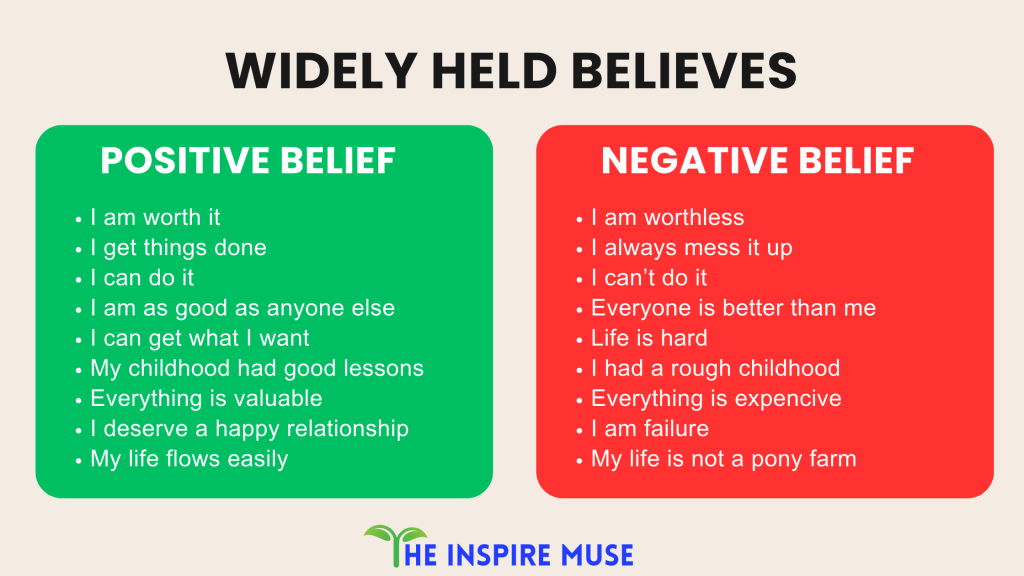
Negative beliefs continue to run like programs in adulthood. They make it difficult for us to build trust in ourselves and in life. These beliefs do not strengthen our self-confidence; instead, they damage it.
Fortunately, these negative thinking patterns can also be “reprogrammed” in adulthood. However, it’s not always possible to do this on our own—sometimes the support of friends, coaches, or therapists is necessary.
Stressful situations
Another cause of low self-confidence can be high stress or difficult life events.
The following stressful situations, for example, can negatively impact self-confidence:
- The separation of parents.
- The end of a long-term relationship or even marriage.
- A broken friendship.
- A serious illness.
- Loss of the job or no job.
- Unrequited love.
- This also includes other dating phenomena like ghosting.
If you have had significant experiences of this kind in your life, it can damage your self-confidence and influence your general outlook on life.
Personality
Personality and your character also play a role when it comes to how strong your self-confidence is. Some people tend to think negatively, and in many cases, this can be a form of self-sabotage.
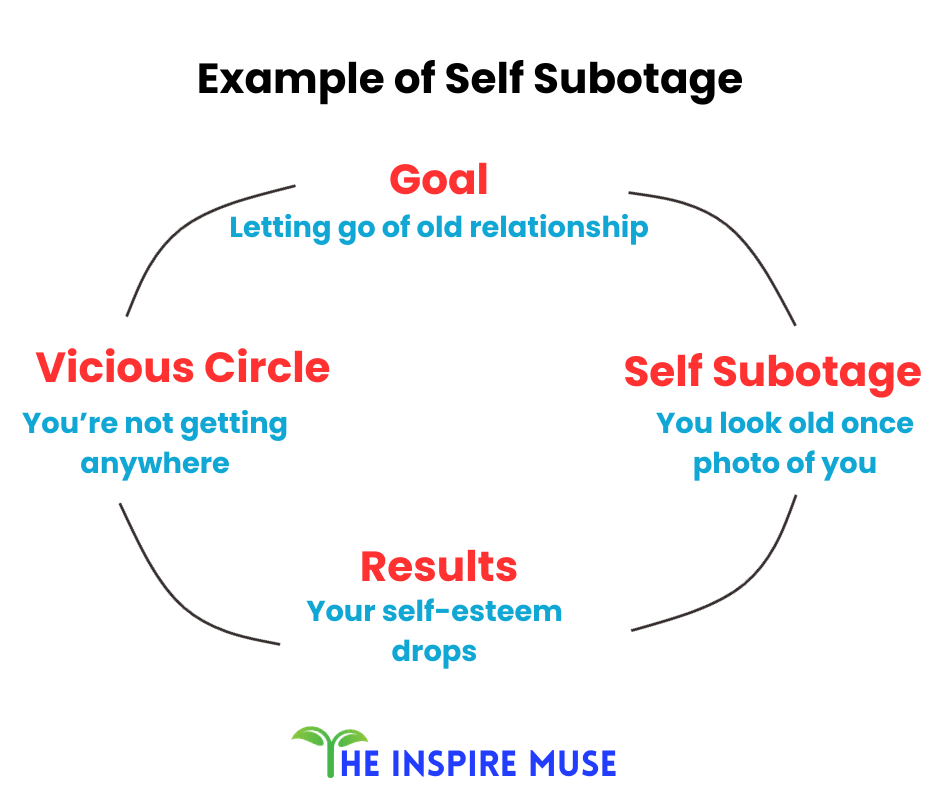
Other people set impossibly high goals for themselves, and they repeatedly fail to achieve them. The problem with this is that those who constantly feel like they are failing may have a hard time building self-confidence.
So, unrealistic goals can also contribute to low self-esteem.
Why is strong self-confidence beneficial?
Having a healthy self-esteem not only leads to inner contentment but also helps you take (healthy) risks and try new things. This is an important skill for personal development.
Trying new things gives you the opportunity to face new challenges, and overcoming challenges strengthens self-confidence.
Sticking to old routines and following the same patterns of behavior doesn’t open up new opportunities for stimulating personal growth.
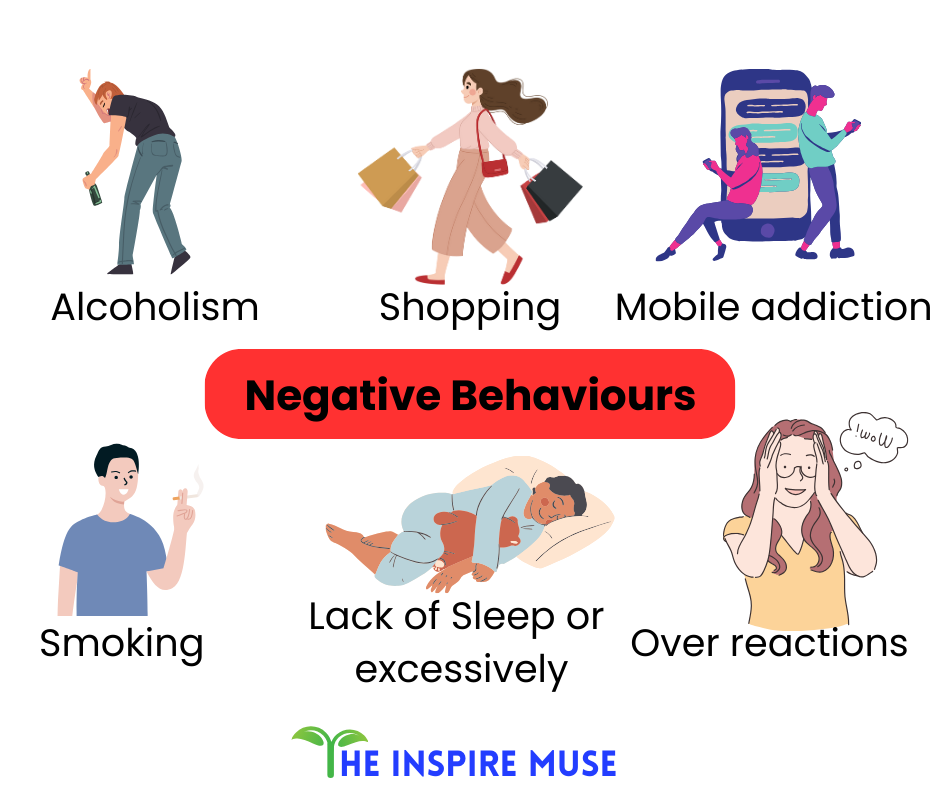
Internally, high self-esteem manifests as more joy in life and greater resilience in the face of challenges.
Externally, it involves stepping out of your comfort zone more often, which can lead to more success and positive excitement in life.
Importantly, high self-esteem doesn’t necessarily translate into higher performance, but it does lead to you starting new things. This, in turn, gives you the opportunity to pursue your dreams.
Strengthening self-esteem means also seizing the opportunities life presents and taking action when the chance arises.
Example: “Dream Job”
A good example is applying for your dream job. Low self-esteem often leads to not even applying for it. You may feel like you’re not good enough for the job and believe you wouldn’t be able to handle the challenges.
Strengthened self-esteem, on the other hand, gives you the strength to apply. This gives you the opportunity to pursue your dream job. You take a “risk” – and you might be rewarded for it.
Example: “Relationship”
Strengthened self-esteem also plays an important role in the context of relationships. Healthy self-confidence is the key to building a good relationship and developing a secure attachment style.
People with low self-esteem tend to
- They tend to project their own insecurity onto the other person
- and avoid constructive conflicts.
Both aspects, in turn, lead to unhealthy relationships. With good self-confidence, you remain calm in relationship conflicts and face them with confidence.
Because: You have trust in your abilities to constructively resolve the conflict. At the same time, you are aware of your worth and ready to stand up for your needs when the situation demands it.
It is no coincidence that people with attachment anxiety or fear of loss often suffer from self-doubt above average. Strengthening self-confidence generally improves the quality of one’s own relationships.
Even in the getting-to-know-each-other phase, boosted self-confidence is helpful. When the crush withdraws and stops texting, self-confidence helps in maintaining composure and emotional stability.
What is the impact of low self-confidence?
A lack of self-confidence can make life difficult. In the worst case, we avoid social interactions and stop trying new things.
For a short time, it may feel safe to hide. However, in the long term, this behavior is destructive.
By avoiding situations we “fear,” we only intensify these fears. A classic fallacy is, “The only way to cope with fears is to keep avoiding them.”
The result: We avoid challenging situations and have less faith in ourselves – a vicious cycle is created. As a result, the fears continue to grow, and those affected almost hide from life itself.
That low self-confidence is unhealthy is also evident in the latest scientific research. People with low self-esteem statistically tend to develop mental health issues such as anxiety disorders or depression.
Furthermore, there is a connection between addiction behavior and one’s self-confidence. Simply put, the lower the self-confidence, the higher the likelihood of developing an addiction.
Low self-confidence is often the trigger for emotional dependency in a relationship as well. The constant search for validation from external sources can become exhausting for both parties.
Things To Do To Improve Your Self-Confidence: 11 Effective Tips
A healthy self-confidence helps us navigate the ups and downs of life with more ease. We feel more active and prepared for challenges, which allows us to grow personally.
However, it all begins with the question: How do I boost my self-confidence?
Important to note: There are no miracle cures for strengthening self-confidence. The good news is that there are effective exercises, tips, and even courses to build self-confidence in a sustainable way.
However, it’s important to acknowledge the truth: especially when the root causes run deep, it requires intensive self-work to strengthen self-confidence.
Below, you’ll find 11 important immediate tips as well as sustainable ways to help you boost your self-confidence.
01. Recognize Your Strengths
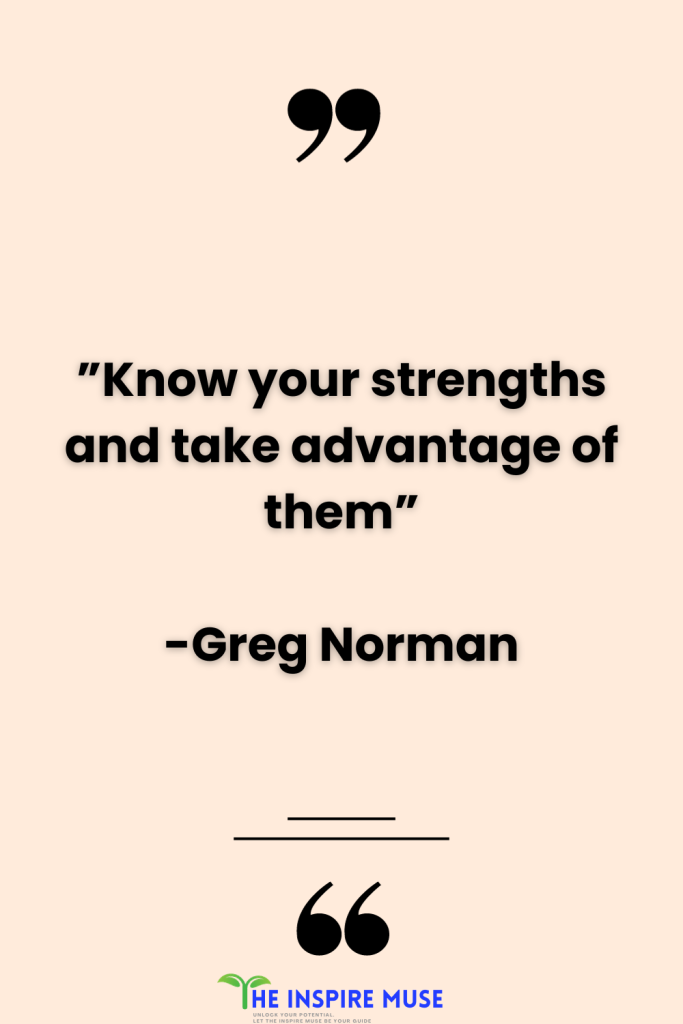
We all have something we are expert at, whether it’s cooking, singing, or being a good friend. Take the time to discover what you are personally good at. Try to incorporate these strengths more into your daily life.
You can boost your self-confidence by expressing your personal strengths in your daily life. This is because your behavior generates regular positive feedback.
For example, when you’re there for a friend in a difficult situation, and they say at the end of the crisis, “I couldn’t have handled this problem so well without you,” you’ll feel that your actions made a difference – and this strengthens your self-confidence.
02. Surround Yourself with People Who Bring Out the Best in You
The people we interact with on a daily basis have a significant impact on how we feel. Try to spend less time around people who drain your energy.
Energy vampires and negative individuals can deplete your strength and resources, leaving you feeling empty after interacting with them. Instead, seek out relationships that empower you and appreciate you for who you are.

Of course, this also includes keeping yourself away from toxic relationships. Be mindful of whether you are suffering due to the behavior of other people. This may be the case, for example, if you have a narcissist in your close circle.
When you are exposed to the negativity of others day after day, it can become a real challenge to strengthen your own self-confidence.
03. Be Kind to Yourself
Our words create our feelings, and our feelings shape our world.
When we feel uncertain in certain situations, it often stems from the stories in our heads that we tell ourselves about the situation. The so-called inner monologue has a significant impact on our self-confidence.
How do you talk to yourself? What words do you use? Once you notice that you are speaking negatively about yourself or your body, try to replace those thoughts with things you appreciate about yourself.
The good news: Self-love is something that can be learned.
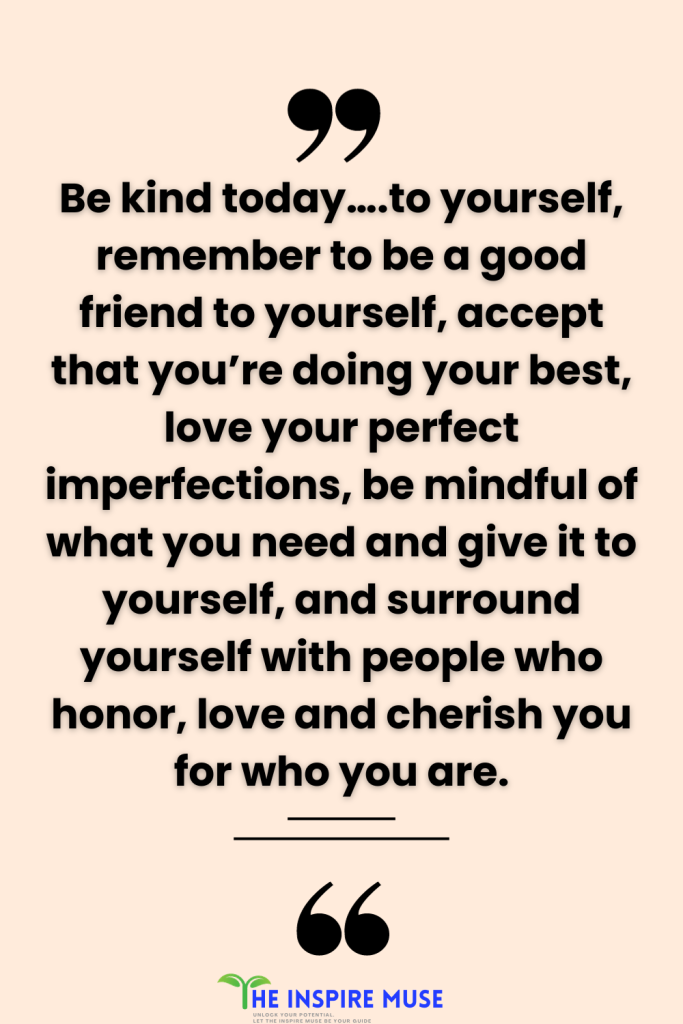
04. Set boundaries
People with little self-confidence tend to say “yes” all the time. Even in situations where they actually think “no”.
The reason: They are very afraid that they will experience rejection because of the limits they have set. As a result, they feel burdened, angry, or even depressed.
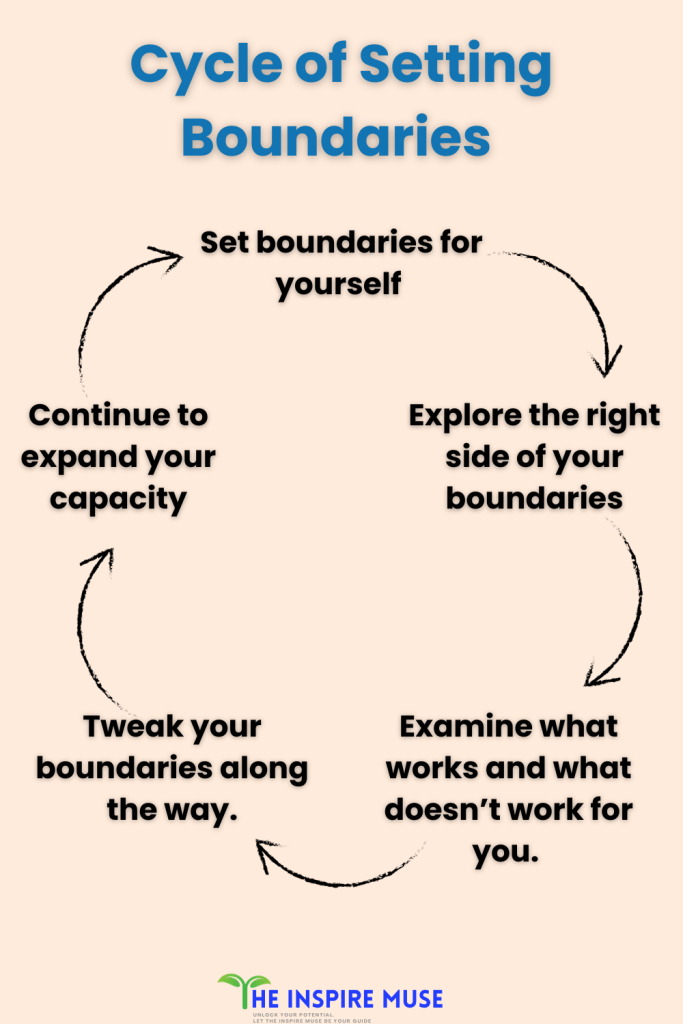
However, setting your own boundaries and saying no in the right situations does not mean endangering a relationship – be it in the family environment or in a partnership. On the contrary: healthy boundaries are an important pillar of healthy and balanced relationships.
05. Challenge yourself
We’ve all experienced feelings of fear or nervousness when facing a new challenge. However, individuals with healthy self-assurance don’t let these feelings paralyze them.
Set a goal for yourself to do that one thing you’re currently afraid of. You’ll find that the anticipation in your mind is often much worse than the reality.
After conquering your fear, you’ll immediately notice how your self-confidence grows.

06. Dissolve negative beliefs
For many people, the root of low self-confidence can be traced back to childhood experiences. We internalize negative beliefs and messages at an early age.
This shapes our self-image – we may perceive ourselves as incapable or even believe that we don’t deserve healthy relationships.
This leads to self-sabotage and reinforcement of these beliefs. Dissolving these beliefs is an important step towards strong self-confidence.
07. Practice gratitude
Gratitude is a powerful tool on the path to a happy life.
For example, instead of criticizing your body, you can lovingly accept it and be grateful for all the things it does for you every day. Your body is more than just a vessel; it gives you the opportunity to experience beautiful moments and explore the physical world.
If you take a minute to appreciate all the things your body enables you to do, it will feel more like a gift than a burden.
Tip: A gratitude journal can help you identify things about yourself for which you are grateful on a daily basis.
Template to download
So that you can start journaling straight away, download your exclusive template for your daily gratitude diary.
The template contains :
- A worksheet that you fill out every day – morning and evening.
- A weekly reflection. You use this at the end of the week to summarize your daily thoughts. At the end of the month, you can see on 4 pages what you were grateful for in each month.
👉 Download now for free: Gratitude Journal Template (PDF)
08. Work on Your Posture
The quickest way to boost self-confidence is through a radical change in your body posture. Stand up straight. Lift your shoulders and open your chest. Take deep breaths. Walk with purpose and confident strides.
Maintaining such a posture will make you feel stronger, and your body will follow your mind.
Practice Power Poses
A great way to boost self-confidence is to connect with your inner strength. What does this mean? It’s simple: we all have strength within us. However, when we feel weak, it can be challenging to remember it.
Develop your own personal power pose. Take deep breaths to reconnect with your strong core. Your personal power pose should remind you of your inner strength. You can carry this strength and confidence into every interaction.
09. Visualize your goals
Positive visualization is a powerful tool on the path to greater self-confidence. When you repeatedly visualize something in your mind, it becomes easier for your brain to internalize that goal.
Imagine yourself successfully handling the situation that you’re afraid of over and over again. Try to minimize any thoughts of failure as much as possible. When the situation finally occurs, your brain will be convinced that it can handle it.
You can start visualizing your goals today. You can use a tool like a vision board to help with this process. You can find more information on this powerful tool here: How to Create a Vision Board.
“Unlock the Power of Visualization! Dive into this captivating blog post and embark on a journey of discovery. Explore the magic of turning data into art, and watch your insights come to life. Don’t miss out on this blog post – click now and ignite your passion for visualization!” 🔍📊🎨
10. Take care of yourself
Your self-confidence is closely tied to how you feel about yourself. With a healthy body and mind, adopting a positive outlook on life becomes much easier.
To achieve this, make sure you get enough sleep and engage in regular physical activity. Both are extremely important for your physical and mental health, as well as your overall well-being. Aim for around 7-8 hours of sleep per night.
Also, be sure to carve out plenty of time for yourself! Engage in activities that you enjoy, such as reading, listening to music, or taking leisurely walks. This allows you to relax and recharge your energy.
11. Don’t constantly compare yourself with others
Comparing oneself to others is entirely normal and natural. However, it’s important not to do it constantly. When you measure your successes and progress against others, it’s not always helpful – it can even be harmful.
Do you find yourself never satisfied with your circumstances and always striving for something better? Then it’s time to take a step back.
Be aware that in every aspect of life, there will always be someone who is doing better or worse than you. So, it’s better to focus on your own goals. This will make you happier in the long run and boost your self-esteem.
Conclusion
Your self-confidence has a significant impact on how you perceive life and feel in your daily routines.
With healthy self-confidence, you become more willing to take risks and feel equipped to face life’s challenges. On the other hand, low self-confidence can lead to hiding from social interactions and life in general.
The good news is that you always have the opportunity to train your self-confidence. Simple strategies, such as changing your posture or recognizing your strengths, can contribute to strengthening your self-confidence.
Sometimes, negative beliefs or traumas (often the root cause of low self-confidence) run deep. In such cases, it may be beneficial to boost self-confidence with the support of a therapist or coach.

